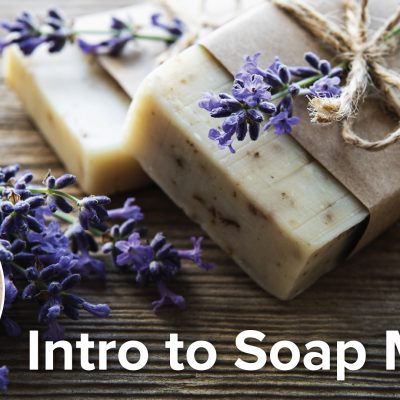Information Session for Board Candidates
June 27, 2023 @ 5:15 pm - 6:00 pm
Seward Co-op’s Board of Directors invites potential candidates to learn about cooperative governance and the 2023 board election. Candidates must be current owners of Seward Co-op and be committed to… Read More →

